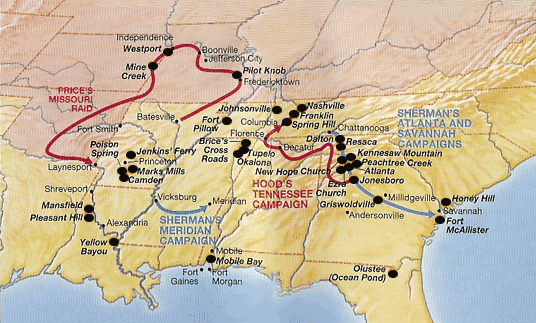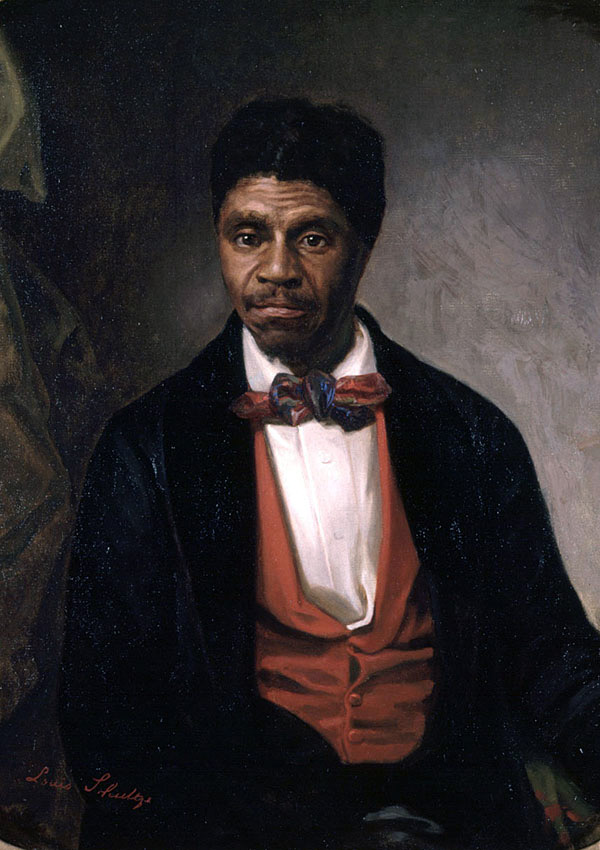Confederate troops surrounded Ft. Sumter and demanded to surrender. After Union Commander Anderson refused, Confederates opended fire on the fort. The Union eventually surrendered. Although there were no casualities, it was signifigant because it started the Civil War. There were 80 Union soldiers and 500 Confederate soldiers.
Image: http://en.wikipedia.org/wiki/Battle_of_Fort_Sumter
Monday, February 3, 2014
Confederate/Union Stregnths and Weaknesses
Weaknesses
Union: Were not fighting on their land, had to overtake the whole South, inexperienced soldiers/generals
Confederate: Less factories to produce military supplies, less population means less troops
Stregnths
Union: More troops to spare, many factories to produce military goods
Confederate: fighting on their own land, only have to defend against the Union, More experienced soldiers, generals
Emincipation Proclomation
The Emincipation Proclomation was an order by President Linclon to issue all slaves in the 10 rebellion states are free, but did not make a huge difference at the time because they were already rebeling. Linclon did not abolish slavery in the border states, because he still needed them to have the Union in favor.(for their railroads, supplies etc.)
Image: http://civilwardailygazette.com/2013/01/01/lincoln-issues-the-emancipation-proclamation/
Image: http://civilwardailygazette.com/2013/01/01/lincoln-issues-the-emancipation-proclamation/
Sunday, February 2, 2014
Sherman's Atlanta Campaign/March to the Sea
The Atlanta Campaign was a series of battles from NorthWest Georgia, to Atlanta. Sherman was opposed by Confederate General Joseph E. Johnston, but was forced to retreat by Sherman's flanking tactics. The Union's plan was to capture and destroy Atlanta, one of the Confederate's most important cities at the time.
Research: http://en.wikipedia.org/wiki/Atlanta_Campaign
Image: http://thomaslegion.net/theatlantacampaignhistoryhomepage.html
Sherman's march to the sea is a name given to Sherman's Savanna campaign. This was to start from the captured city of Atlanta, all the way down to Savanna. Sherman's army destroyed anything that might have value to the south like food, factories, farms, and much civilian property.
Image and Research: http://en.wikipedia.org/wiki/Sherman's_March_to_the_Sea
Thursday, January 30, 2014
Antietam
The batle of Antietam was the firs major battle to take place on Union soil. It, still today, is known as the bloodiest American one-day battle in history with a total of 22,00 casualities. This battle is significant, because it gave Linclon the victory he needed to deliver the Emincipation Proclomation. This battle also stopped Lee's invasion of the North.
Monday, January 27, 2014
Secession and Alexander Stephen's Role
Secession in Georgia
Georgia held a state-wide convention to decide if they should stay with the Union, or secede to the Confederates. Many wanted to stay , but majority decided they should stay. They eventually voted to secede, but the vote was not as unanimous as in other states.
Alexander Stephens
Alex was, at first, not sure if he agreed to secede the United States or not. Although, he supported the compromise of 1850 as long as the Fugitive Slave Law was accepted. He ended up being chosen as the vice president of the Confederacy.
Georgia held a state-wide convention to decide if they should stay with the Union, or secede to the Confederates. Many wanted to stay , but majority decided they should stay. They eventually voted to secede, but the vote was not as unanimous as in other states.
Alexander Stephens
Alex was, at first, not sure if he agreed to secede the United States or not. Although, he supported the compromise of 1850 as long as the Fugitive Slave Law was accepted. He ended up being chosen as the vice president of the Confederacy.
Compromise of 1850, Fugitive Slave Act, Georgia Platform
Compromise of 1850
California wants to be a slave state, so many things have to happen: Texas has to give up land and $10 million. Slavery is abolished in Washington D.C. The Fugitive Slave Act
Fugitive Slave Act
This act requires citizens to report fugitive slaves in free states, denies jury trials, and more federal agents are added to enforce laws.
Georgia's Platform
Georgia accepted the compromise through a state convention, and agreed that the compromise and acts were fair enough.
Image 1: http://en.wikipedia.org/wiki/Compromise_of_1850
Image 2: http://tenthamendmentcenter.com/2013/03/06/personal-liberty-laws-a-nullification-history-lesson/
California wants to be a slave state, so many things have to happen: Texas has to give up land and $10 million. Slavery is abolished in Washington D.C. The Fugitive Slave Act
Fugitive Slave Act
This act requires citizens to report fugitive slaves in free states, denies jury trials, and more federal agents are added to enforce laws.
Georgia's Platform
Georgia accepted the compromise through a state convention, and agreed that the compromise and acts were fair enough.
Image 1: http://en.wikipedia.org/wiki/Compromise_of_1850
Image 2: http://tenthamendmentcenter.com/2013/03/06/personal-liberty-laws-a-nullification-history-lesson/
Dred Scott Case
Dred Scott, a slave who had lived in the free state of Illinois and the free territory of Wisconsin before moving back to the slave state of Missouri, had sued in hopes of obtaining his freedom. Even though he lost the case, it got the attention of many people, and started many conflicts.
image: http://upload.wikimedia.org/wikipedia/commons/9/97/DredScott.jpg
image: http://upload.wikimedia.org/wikipedia/commons/9/97/DredScott.jpg
Sunday, January 26, 2014
Gettysburg
The battle of Gettysburg was often described as the turning point of the war due to heavy casualities. Both sides of the battle suffered a massive 23,00 casualities, which is 46,00 total casualities. Although both lost the same amount of soldiers, it was a victory for the North, because they had more soldiers to spare, and it stopped general Lee's invasion of the North.
Image: http://www.prx.org/pieces/98152-gettysburg
Image: http://www.prx.org/pieces/98152-gettysburg
Tuesday, January 21, 2014
Nullification
Many felt that the new constitution ignored the rights of states to continue to act independently. They felt that the states should still have the right to decide if they want to accept certain federal laws. This ended up with the idea of nullification, where the states would have the right to rule federal acts unconstitutional. The federal government denied states this right, and states felt that they were no longer respected. This caused the states to move towards secession.
Image: http://www.yankeerino.com/images/freetrade1.png
Image: http://www.yankeerino.com/images/freetrade1.png
Friday, January 17, 2014
Election of 1860
Abraham Lincoln won the presidential election of 1850. Although this was kind of a victory for the North, it enraged majority of the Southern population. The North and South knew that Lincoln was going to try to outlaw slavery in the United States. This started the secession of many slave states. It started with South Carolina, then Mississippi, then many other Southern states.
Kansas-Nebraska Act
The Kansas and Nebraska territories would vote and decide whether or not to be a slave state. This was against the Missouri Compromise that was just created a little while ago. The deciding of this would create even more tension between the North and the South. This broke the rule of all states
Picture: http://library.thinkquest.org/CR0215469/kansas1.gif
Picture: http://library.thinkquest.org/CR0215469/kansas1.gif
Sunday, January 12, 2014
Missouri Compromise
Missouri wants to be a slave state. The north do not want this, because that would make the equality of slave vs. free states uneven. They fix this by splitting New York into two states which creates the free state of Maine. It stopped slavery in the Louisiana Territory north of the parallel 36,30 north with an exception of Missouri. This was called the Missouri Comprimise. The reason for this is because if there were more slave states than free states the slave states would have an advantage over voting and other things.
Image: http://en.wikipedia.org/wiki/Missouri_Compromise
Image: http://en.wikipedia.org/wiki/Missouri_Compromise
Friday, January 10, 2014
State's Rights
The reason for states'rights in the U.S was because they were afraid of a monarchy to take over their brand- new country. This, in general, can create problems however. If the states have too much power, then it makes it easy for them to rebel. (each had their own army) That is how the north and the south split up so easily.
Image: http://www.legendsofamerica.com/ah-civilwarcauses.html
Subscribe to:
Posts (Atom)













